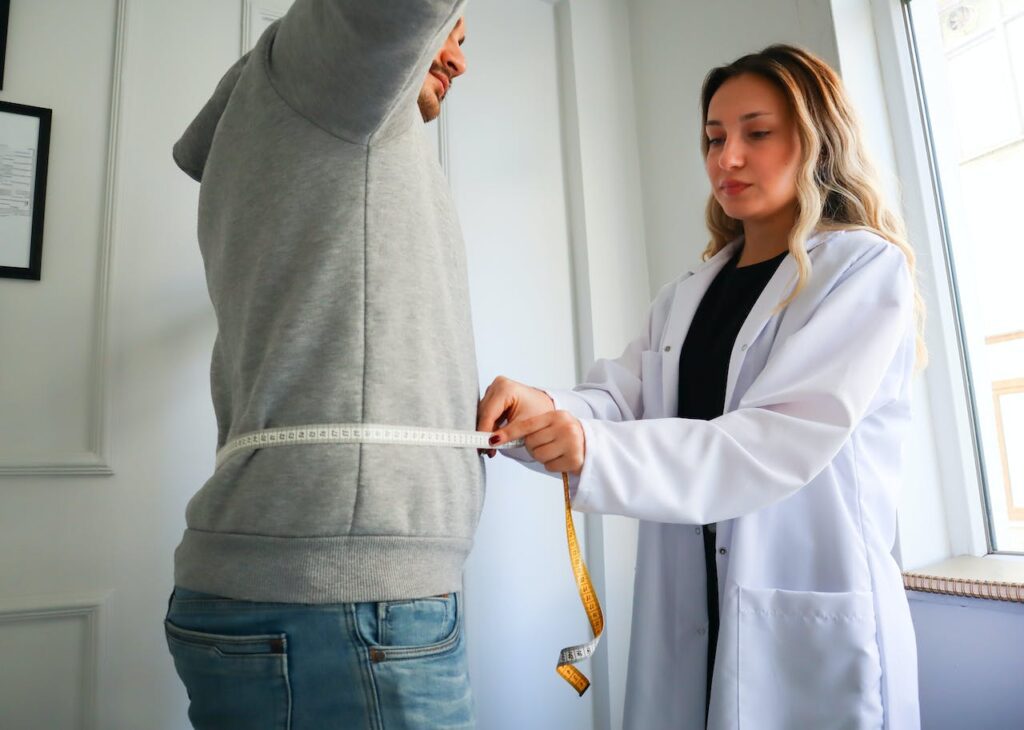A wide range of feelings may characterize the postpartum phase. You could experience happiness, fear, or even sadness.
You might suffer from postpartum depression if your depressive symptoms intensify and interfere with your daily life.
In this article, let’s look into what postpartum depression is and how you can fight it.
What Is Postpartum Depression?
The first signs of the condition typically appear a few weeks after delivery, though they can appear up to six months later. Mood swings, a lack of newborn connection, and trouble concentrating or making decisions are a few examples.
You are not alone if you suspect that you may be depressed. For example, in the United States, one in seven women has PPD.
Seeing a doctor is the most efficient approach to diagnosing and treating PPD. They can assess your symptoms and determine your most effective course of action.
Antidepressants, psychotherapy, or a combination of the two may be helpful for you. There are additional activities you can carry out at home to aid in coping with daily life.
Let’s look into some ways.
Create a strong bond with your child
The strong attachment that develops between parents and children is known as emotional bonding.
An effective bonding process enables the child to feel secure enough to develop normally, and this bond will impact how they interact with others and build relationships in the future.
A safe attachment develops when you pay attention to your child’s demands or emotional signs and react appropriately—such as picking them up, comforting them, and reassuring them when they cry.
Early bonding can be significantly impacted by postpartum depression, which can make it challenging to get through each day and impair your ability to care for your baby and yourself.
When a parent first sees their child, some experience an immediate rush of love; for other parents, it takes time. Do not worry or feel bad if you have not yet developed a bond with your child. An attachment may take weeks or months, but it should do so eventually.
You can develop your bond with your child and lower postpartum depression.
- Skin-to-skin contact
- Smiling at your baby
- Massaging your baby
- Singing to your baby
Schedule Some Alone Time
You might feel confined to nursing on the couch. Perhaps your workload, domestic duties, or those of your older kids have you feeling overburdened. Don’t try to handle these pressures alone; ask for assistance.
Allow your spouse or another responsible adult to watch your child for an hour or two.
Setting aside some time each week for “me time” could be beneficial. You can use this time to unwind, even if you can only leave the house between nursing sessions. Take a walk, nap, watch a movie, practice yoga, or meditate.
Have A Balanced Diet
Developing the habit of eating nutrient-dense meals can lower postpartum depression and provide your body with the vitamins and minerals it requires. Consider organizing your meals for the coming week over the weekend and perhaps making some healthy snacks.
Consider whole foods that are simple to take on the run, such as apple slices, peanut butter, cheese cubes, and diced carrots.
When to visit the doctor
Although many new mothers experience the “baby blues” in the initial weeks after giving birth, PPD is characterized by more profound and protracted emotions of sadness and agitation.
Without medical assistance, these emotions may worsen and develop into persistent depression. If you experience depressive symptoms after giving birth, it’s a good idea to schedule a consultation with your doctor, especially if they persist for more than a few weeks or worsen with time.
Despite the significance of treatment, only about 15% of women ever seek it for their symptoms. Your doctor can help you find the resources you require for support.
Final Thoughts
Postpartum depression can be a serious condition and may require medical attention. If you think you might be suffering from the condition, you must talk to your doctor immediately. The sooner PPD is caught and treated, the better the outcome.
Postpartum depression is more common than you might think, affecting more than 10% of women after they give birth. It’s essential to know the signs and symptoms of the condition and take the proper steps to get treatment.
If you are struggling with the symptoms of postpartum depression or are concerned about a friend or family member, talk to them about their feelings. There are many ways to cope with the symptoms of postpartum depression, and it’s important not to feel alone.




Leave a Reply
You must be logged in to post a comment.